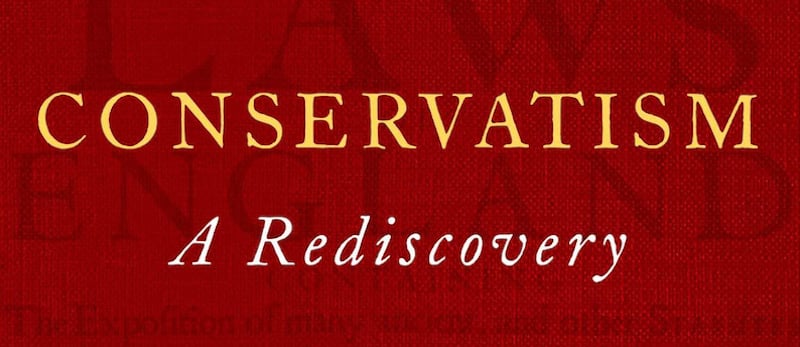Professed conservatives have long been at a disadvantage relative to their liberal and social democratic opponents and seem continually to lose ground to these ideologies claiming the progressive label. This is because the principles of liberalism and socialism are straightforward and generally revolve around a single factor to which other elements are subordinated. For the liberal, freedom of the individual must take precedence over other considerations in the ongoing political conversation and in setting public policy. For the socialist, economic equality comes first, and everything else must be made to follow. By contrast, conservatives are hard-pressed to come up with readily communicable firm principles transcending their particular social and cultural contexts. Even conservatives in a single country quarrel over what represents “true conservatism” and what constitutes false labeling. Yet that has never kept them from trying to fill in what perpetually threatens to become an empty category.
Login to read more
Sign in or create a free account to access Subscriber-only content.
